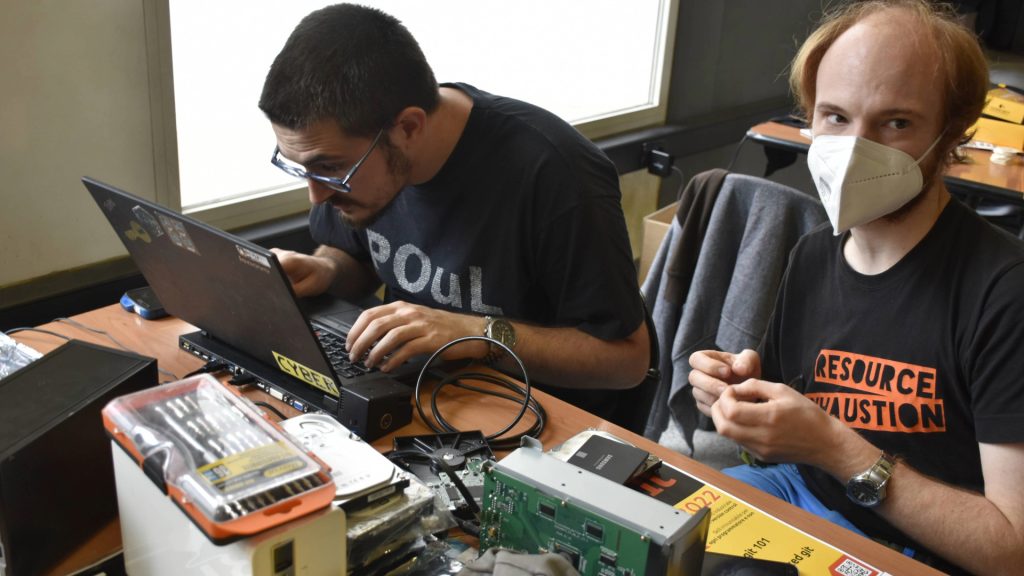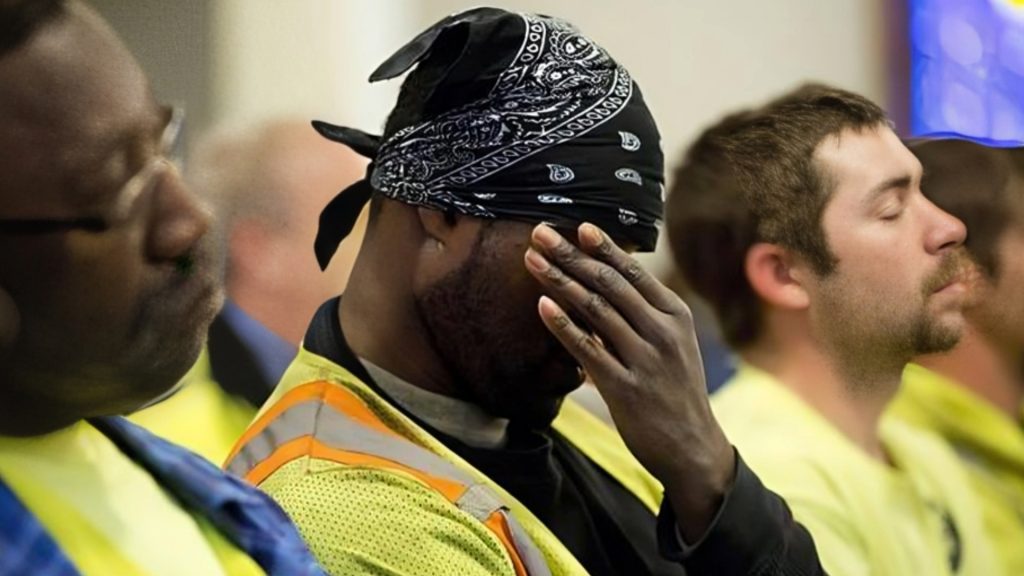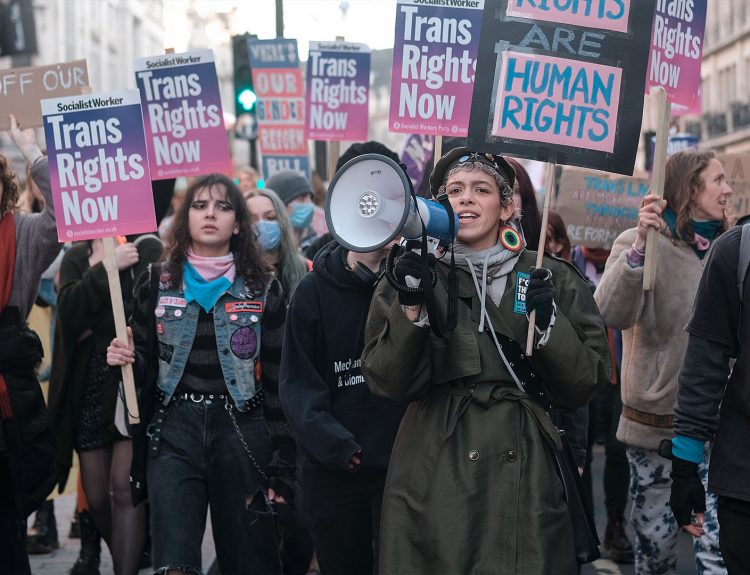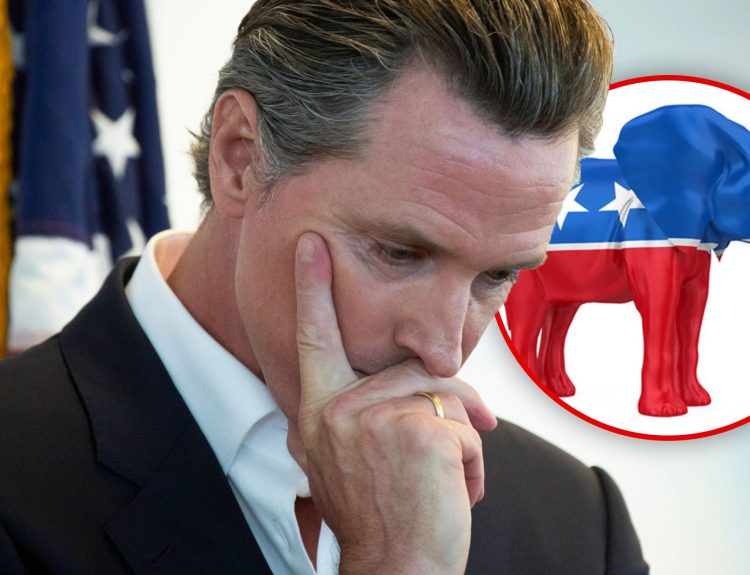Endorsing the 9-to-5 work culture today is like placing a risky bet. There is a chance you stomp on the nerves of most Gen Zers. Likewise, the digital age natives are attracting the ire of millennials by ditching their traditional 9 to 5.
Perhaps the youngsters have a point! They mostly grew up watching their parents work their asses off for meager paychecks, living barely average lifestyles. Consequently, they’ve challenged their bosses to this effect and the corporate workplace’s response is taking a form.
The Unfolding Fate Of Corporate Work
The newer generation is renowned for actively seeking ways to ease up their endeavors. Quite hard to fault them since they’re the digital buddies. This has prompted the “work-life balance” movement which is gaining momentum with each passing day.

Conversely, the older generations, comprising Boomers and Gen X, have a staple of grinding hard at their jobs. But the evidence of this is particularly disheartening as their hard work has proven incommensurate with the rewards.
“Work-To-Live”: A Mantra That’ll Last The Coming Decades
Most young people today work to live the life of their dreams. It’s an inverse shift compared to what it used to be. As time passes, the “Work-to-Live” mantra quickly displaces the old folks’ “Live-to-Work” chant.

We live in an over-achieving era that’s laden with numerous eye-openers. Being constrained by work isn’t anyone’s cup of tea anymore. Gen Zers have picked up a fine lesson from the experience of the older generations. They’re now up with an interesting script for corporate jobs’ future.
Gen Zers In Today’s Workplace
The notable difference in Gen Zer’s workplace attitude is palpable compared to their elders. You’ll know them by their eagerness to relish the moments. Many experts in the corporate industries have a lot to say about this characteristic observation of the said group.

Mercer’s Ravin Jesuthasan reiterates the work-to-live belief among Gen Z. To him, the reason for this is that most belong to the first generations whose members won’ beat the wealthy heritage of their lineage’s predecessors. Times have changed, and amassing wealth is getting more difficult. So why not just live life anyway?
The Compellers Of Change
It’s difficult to fault Gen Z for upholding this revolutionary belief of the corporate workplace. All you need to do is try recalling the disasters of the past few decades. The Boomers and Gen X mostly took the hit of these catastrophic happenings.

The COVID pandemic marked the limit for many. The unprecedented mass layoffs were unjustifiably harsh on affected families. Looking at these events, Gen Zers are disenchanted with the corporate lifestyle. And just maybe they could be right threading this path of work change.
The Legacy Of Broken Promises
You may ask about the fuelers of this Gen Z mindset. But the answer is clear as day. It’s none other than the legacy of broken work promises. One that is especially true in the West.

Back in the day, in many parts of the Western world, people were compensated for their services. The most common packages were access to retiree medical care and a benefit pension after 30 working years. But the reality today is that none of these exist anymore.
Aftermath Of Disregarded Promises
In the face of unfulfilled promises to their loved ones, Gen Zers have picked up a vital lesson. Perhaps one that would leave an indelible mark on the generation. They watched their parents devote their lives to a rigid work design. Now, they’ve emerged as a rebel that won’t take any such chances.

There is a sense of responsibility among Gen Zers. They now believe they’re as good as the skill and value they can offer at any specific time. To them, these are the fair terms under which they’d like to function. Easy-peasy! An employer either meets them or not!
The Challenges Of The Millenials’ Work Culture
The dreams of several millennials were dashed due to economic hardships. After witnessing multiple recessions, inflations, and pandemics, their incomes took the jab at coping with these challenges. For many, the foresight of homeownership suddenly became a wish that never manifested.

Likewise, the rising cost of living impacted most of their lives. Many were locked up in debt, couldn’t pay rent, and were barely surviving. With these hellish difficulties, the accumulation of wealth was a far thought.
The “Quiet Quitting” Era
The term given to the act of disapproving of the millennials’ work culture is called “quiet quitting.” Paradoxically, Gen Zers are amplifying their displeasure for the unwholesome experiences their parents had.

Day after day, the young generation keeps taking retracted steps. The smoke has been let out and everyone now demands quality in return for the value they can give.
Different Eras, Different Outcomes
Not to invalidate the benefits from post-retirement privileges. Of course, many old folks procured and built houses based on these promises. However, the recent reality is proof that that merry period is gone for good.

For the older generation, these compensations made them take on liabilities and responsibilities early on. While that worked for them, you’re unlikely to argue the same for Gen Z. It’s just about time to figure out what would work for the newer generation.
Possible Employers’ Response?
With the mindset of wanting a reward measuring up with the dished skillset, employers have no choice. The shift is here and it’s time to settle the vibrant bloods on their terms. In essence, it’s time to bin the all-size-fits-all approach.

According to work experts, companies will start succumbing to individual settlement agreements. This makes room for a malleable payment and compensation system. And as time goes on, the process might include an array of possible rewards to choose from.
Corporate Managers On The New Shift
Gen Zers often receive criticism for their carefree attitude at work. As it stands, 3 out of 4 managers relay that Gen Z is the most challenging generation to work with. More so, many complain about the plague of unmotivation and distraction across this group.

While Gen Z has virtual communication skills, most in this category lack skills for in-person chats. It’s assumed that due to these deficits, many young employees may lack the foundation to compete with the older generation for entry-level positions.
The Preference Of Current Employers
It’s not hard to tell considering most bosses belong to the millennial group. According to recent stats, a large chunk prefers to work with Gen X and Baby Boomers. For them, it’s an intense battle of generations in the work environment. And the previous generations fare better.

Some employers even claim to fire certain Gen Zers promptly after hiring. It’s as bad as getting fired in the first month of landing a new job. This is to show the extent of dissatisfaction these bosses have with most Gen Zers’ work ethics.
What Whoopi Goldberg Thinks About The Work-To-Live Culture
The celebrity actress, Whoopi, is getting picked on online for dismissing Gen Z’s stance. She says young folks can’t afford a roof because they don’t do enough. In her words, it’s impossible to want a house and only work four hours daily.

Many social media users didn’t take her comment in stride. Someone even commented that being rich for a long time could make one lose track of reality. Even though sentimental from both sides, the reality of each generation remains different.
Inflation Has A Huge Role To Play
For every generation, the aim is to do better than their parents and grandparents. But the economic reality today makes that dream a hard one to accomplish. The older generation might argue that they burst their butts for their assets. However, the younger ones have it differently.

Inflation and the rising costs of housing are the enemies of the typical Gen Zers in today’s world. About the American dream? The bar keeps rising daily. Now, it’s almost like one would need about a million dollars to fit in a decent social cadre. Perhaps the issue isn’t about the unwillingness to work after all.
How Is Gen Z Coping With Inflation?
The truth is that Gen Zers have it quite hard dealing with inflation. Many are in their early adulthood, supposedly a vital period to shape their finances. Meanwhile, the spiking cost of commodities, rent, and food has left many clueless.

As it stands, it’s almost like there is no proven remedy to this setback. Most Gen Zers now shop less and have resorted to home meals for obvious reasons. It’s bad to the extent that many can’t boast of having enough emergency funds.
The Hit Back At The “Lazy” Tags
The younger generation has responded to the claims of adults calling them indolent. For them, that’s a misjudgment. They’re more simply intentioned at keeping a wholesome lifestyle than getting burned out behind an office desk.

Saying they are carefree about work because wages are stagnant isn’t exactly the case. The Gen Z populace admits to being easily bored of the mundane long hours. Hence the reason for opting out of the 9-to-5.
What To Expect In The Coming Years?
As the battle between the older and younger generations on the nature of work continues, recognizing the peculiarities of each position is vital. More importantly, acknowledging the realities of both eras should be a crucial determining factor for employers.

The incorporation of the work-life balance in corporate industries has already begun in Europe and North America. Yet, there are pertinent concerns. One is the query of whether or not all sectors can resort to this method without hampering productivity.






